Introduction
Heart attacks are often seen as a problem for older adults, but recent studies reveal a concerning rise in heart attacks among young adults — including those in their 20s, 30s, and early 40s. With lifestyle-related risk factors like poor diet, smoking, obesity, and stress becoming more common, young people are no longer immune. Recognizing the early warning signs of a heart attack in young adults can mean the difference between life and death.
This article covers the subtle and sometimes overlooked signs, why they occur in younger populations, and what actions to take.
Why Are Heart Attacks Happening in Young Adults?
Though age is a factor, plaque buildup in arteries (atherosclerosis) can begin early due to:
- High blood pressure
- High cholesterol
- Smoking or vaping
- Diabetes
- Sedentary lifestyle
- Obesity
- Substance abuse (cocaine, amphetamines)
- Stress and poor sleep
- Family history of heart disease
These risk factors can damage the inner lining of arteries, leading to blockages that restrict blood flow to the heart.
Top Early Warning Signs of a Heart Attack in Young Adults
1. Chest Discomfort or Pain
- Often described as pressure, squeezing, fullness, or pain in the center or left side of the chest.
- May come and go, last more than a few minutes, or get worse with activity.
- Some young adults dismiss it as gas or muscle pain.
⚠️ Don’t ignore chest pain — even mild or short-lasting discomfort could be a red flag.
2. Shortness of Breath
- Occurs even with minimal physical activity.
- May happen before or alongside chest pain.
- Can feel like you can’t get enough air.
3. Fatigue
- Unusual and persistent tiredness without explanation.
- Feeling drained even after rest.
- Especially important in young women, where fatigue can be the main symptom.
4. Pain in Arms, Neck, Jaw, or Back
- Pain can radiate from the chest or occur independently.
- Most commonly affects the left arm, but can affect both.
- Jaw or back pain is more common in women.
5. Nausea, Indigestion, or Stomach Pain
- May be confused with acid reflux, food poisoning, or the flu.
- Accompanied by burping, vomiting, or loss of appetite.
- This is another symptom more often seen in women.
6. Dizziness or Lightheadedness
- Feeling faint or about to pass out.
- Can indicate poor blood flow to the brain.
- Often accompanied by cold sweats or rapid heartbeat.
7. Cold Sweat
- Sudden sweating without physical exertion.
- Feels clammy or like you’re breaking out in a nervous sweat.
- A common symptom during a heart attack event.
8. Palpitations or Irregular Heartbeat
- Rapid, pounding, or fluttering heartbeat.
- May feel like the heart is skipping beats or racing.
- Can be associated with anxiety — but should be checked if frequent.
Heart Attack Symptoms in Young Women vs Men
Women may present less typical symptoms, including:
- Fatigue
- Jaw or back pain
- Nausea
- Dizziness
This often leads to misdiagnosis or delays in treatment.
When to Seek Immediate Help
Call emergency services if you or someone around you has:
- Persistent chest pain or pressure
- Sudden shortness of breath
- Cold sweats or nausea
- Collapsing or unresponsiveness
Time is muscle — the longer you wait, the more damage occurs to the heart muscle.
Preventive Measures for Young Adults
✅ Regular Health Screenings
- Monitor blood pressure, cholesterol, and blood sugar levels.
✅ Quit Smoking/Vaping
- Tobacco accelerates artery damage and clot formation.
✅ Stay Physically Active
- Aim for 150 minutes/week of moderate-intensity exercise.
✅ Eat a Heart-Healthy Diet
- Focus on fruits, vegetables, whole grains, lean proteins, and healthy fats.
✅ Manage Stress
- Practice meditation, deep breathing, and time management.
✅ Get Enough Sleep
- Adults need 7–9 hours of restful sleep per night.
✅ Know Your Family History
- Genetic factors may increase your risk — get evaluated early.
Conclusion
Heart attacks in young adults are a growing concern, but they are not inevitable. Recognizing the early warning signs and addressing risk factors can prevent tragedy. If you or someone you know experiences symptoms, seek medical help immediately — even if you’re young, active, or otherwise healthy.
ABOUT THE AUTHOR
Dr. Alex Sam is a passionate healthcare professional with an MBBS and MRCGP degree and a strong commitment to modern medicine. Known for his empathetic approach, he emphasizes listening to his patients and understanding their unique health concerns before offering treatment. His areas of focus include family medicine and general health management, where he strives to provide holistic care that improves both physical and mental well-being. Dr. Alex is also a strong advocate for preventive screenings and early detection of diseases, ensuring his patients maintain healthier lives. With a calm demeanor and deep medical insight, he has earned the trust of both his patients and peers in the medical community.
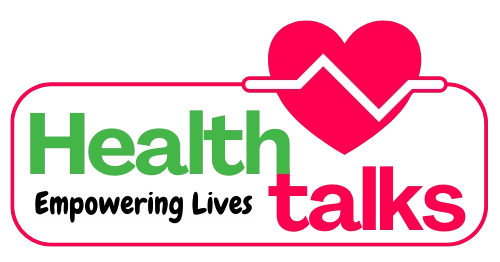
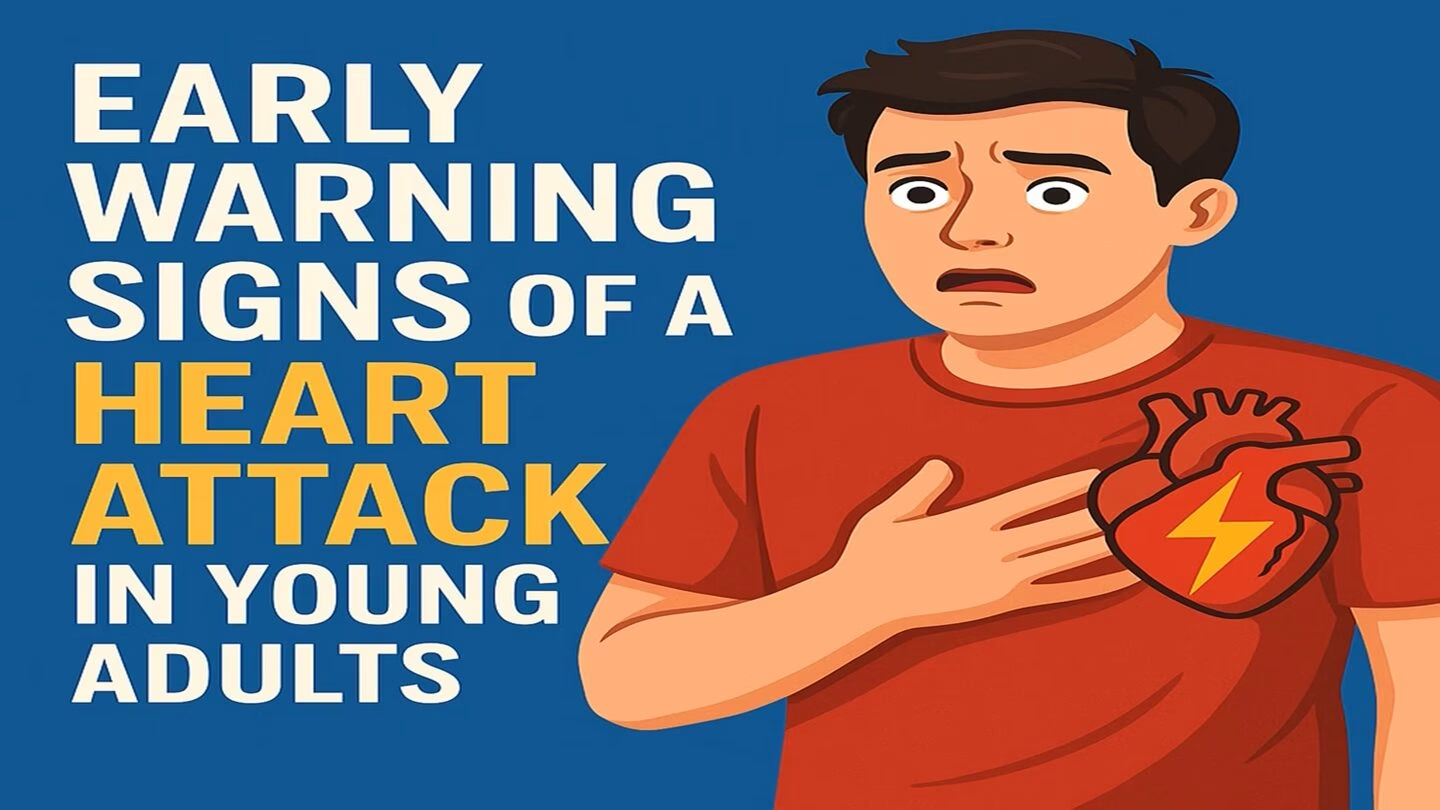
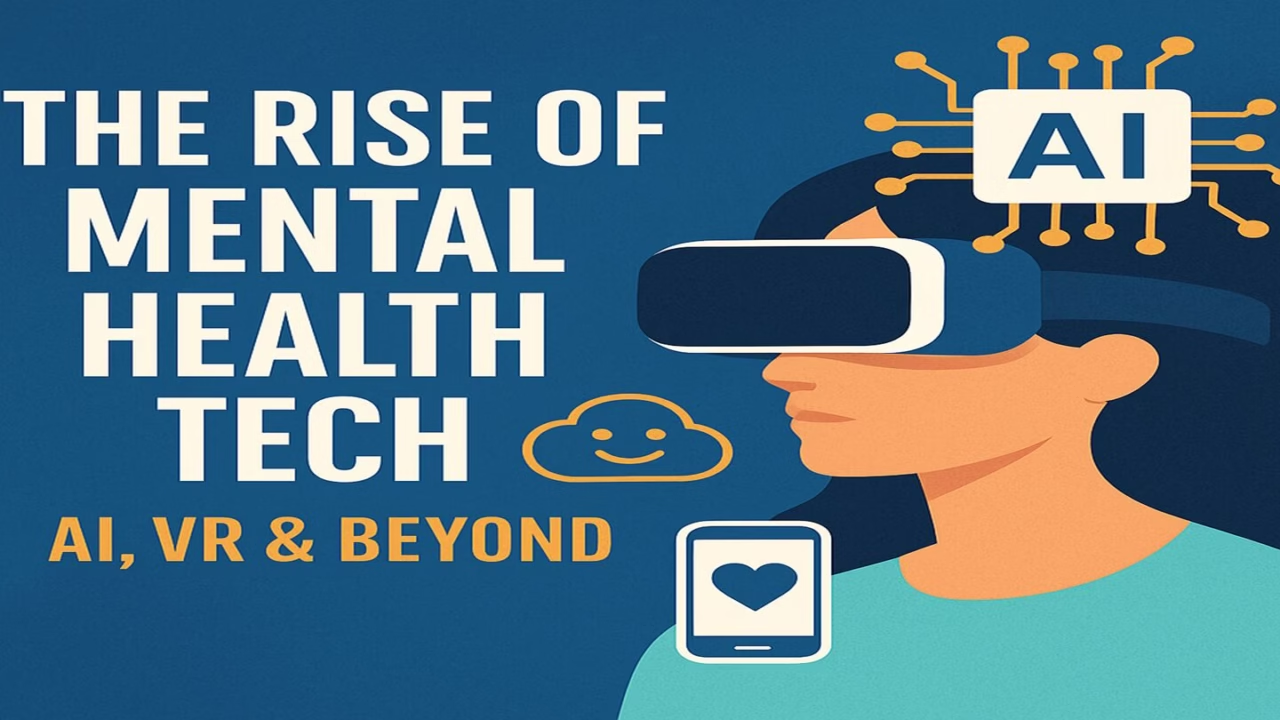
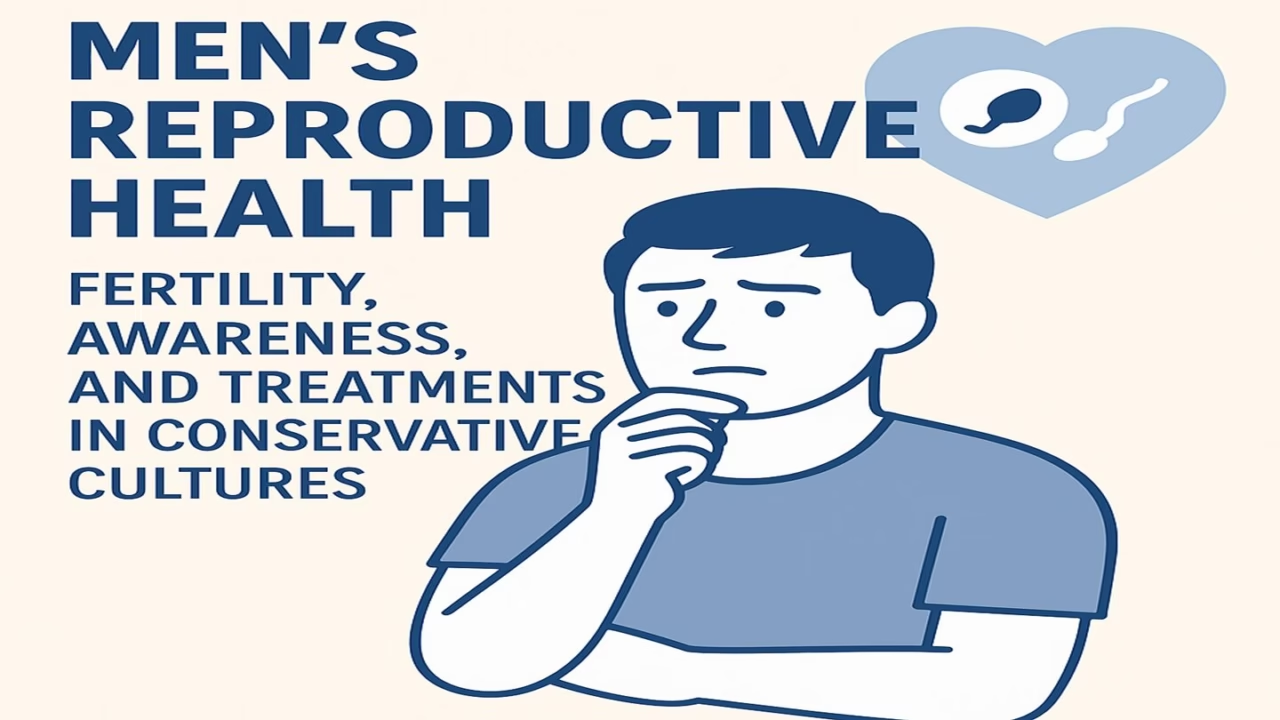
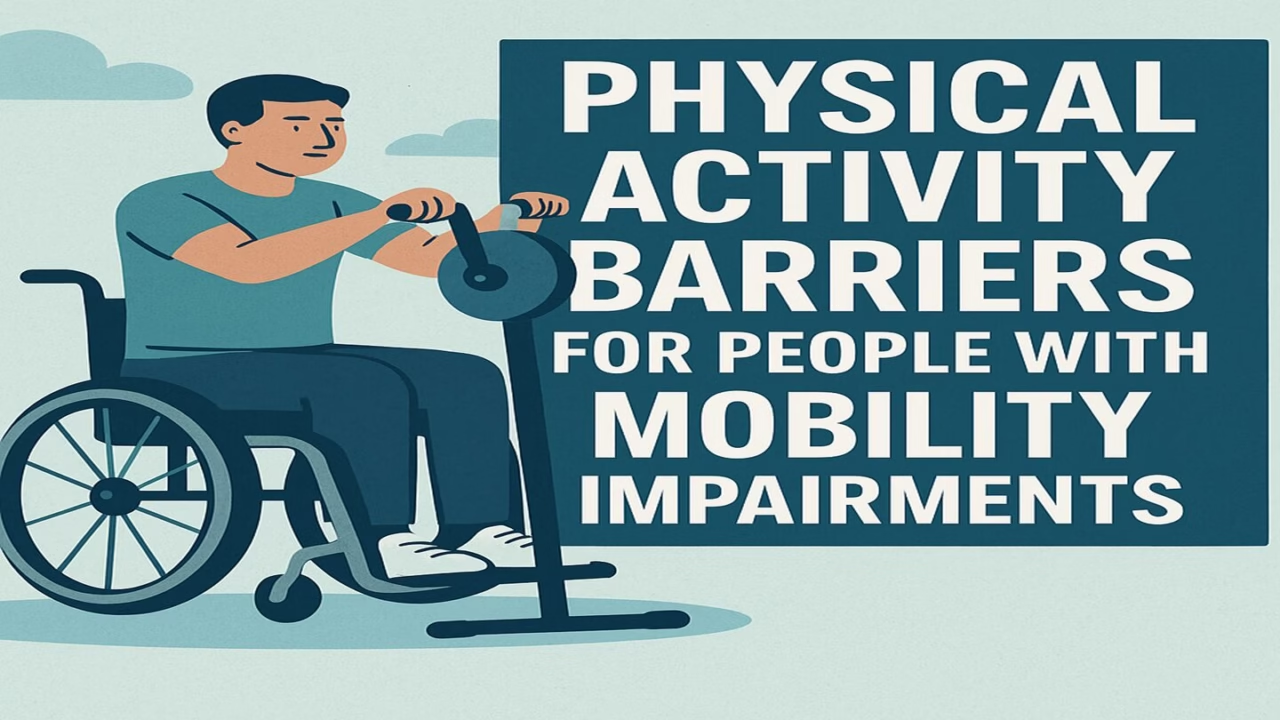
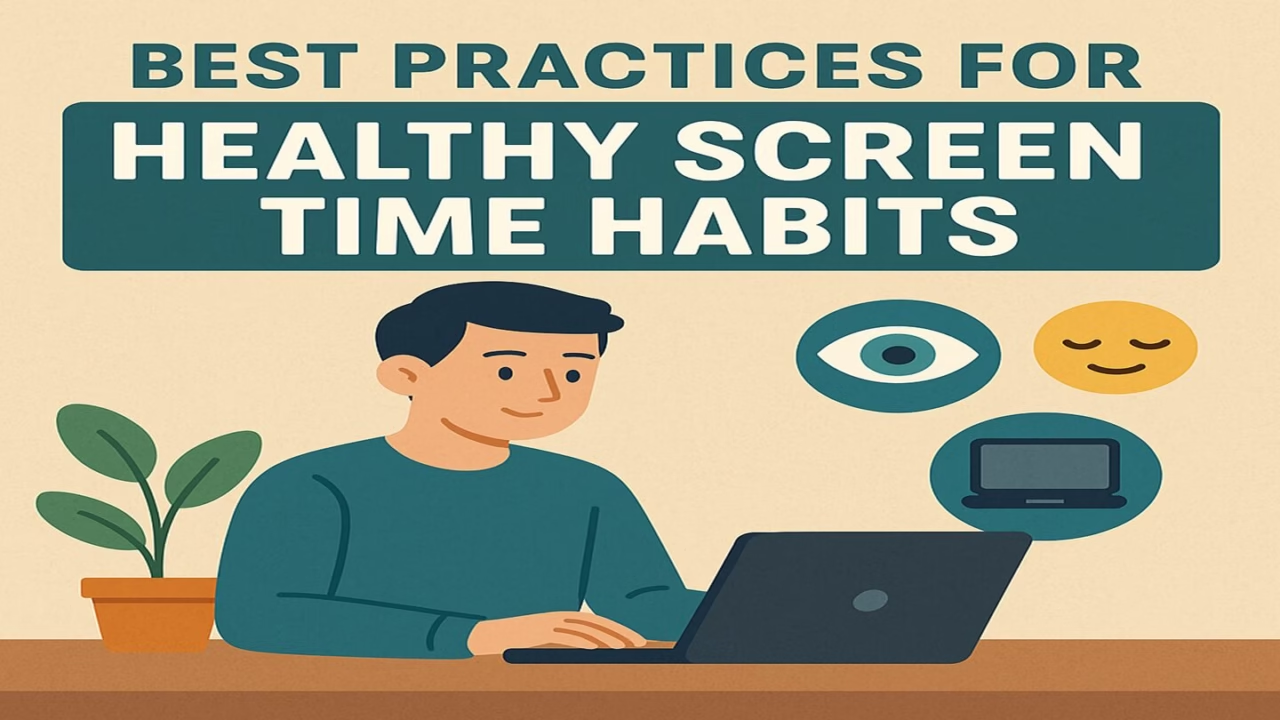
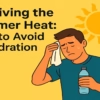
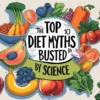
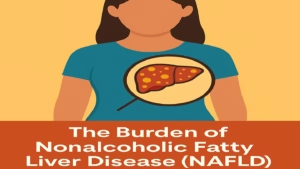
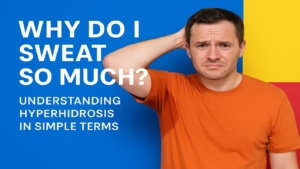
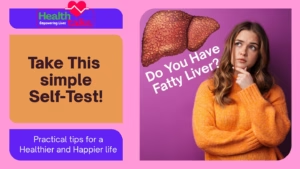
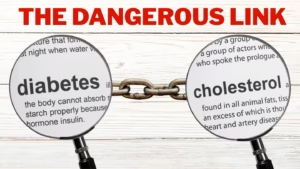
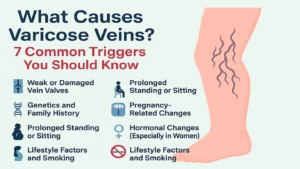
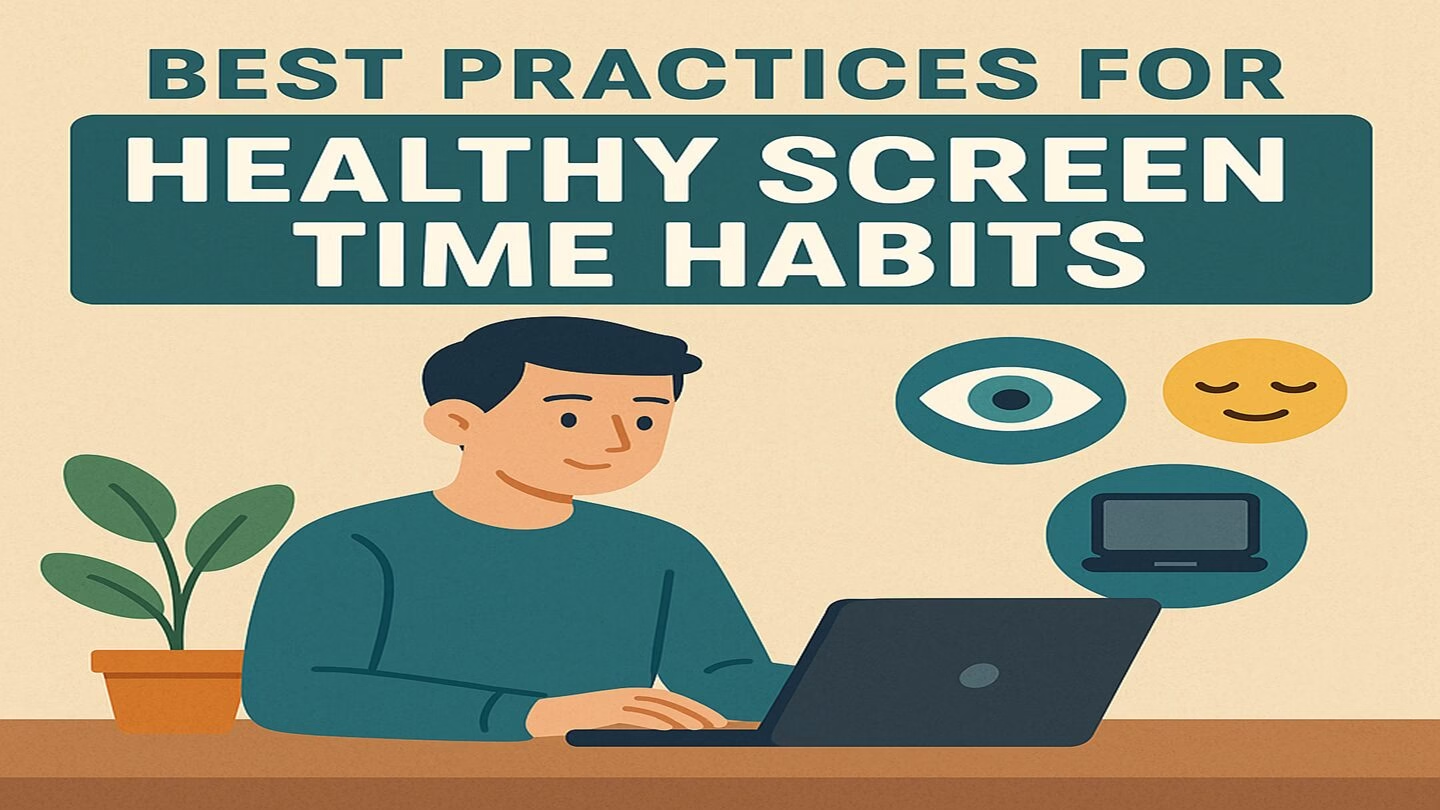
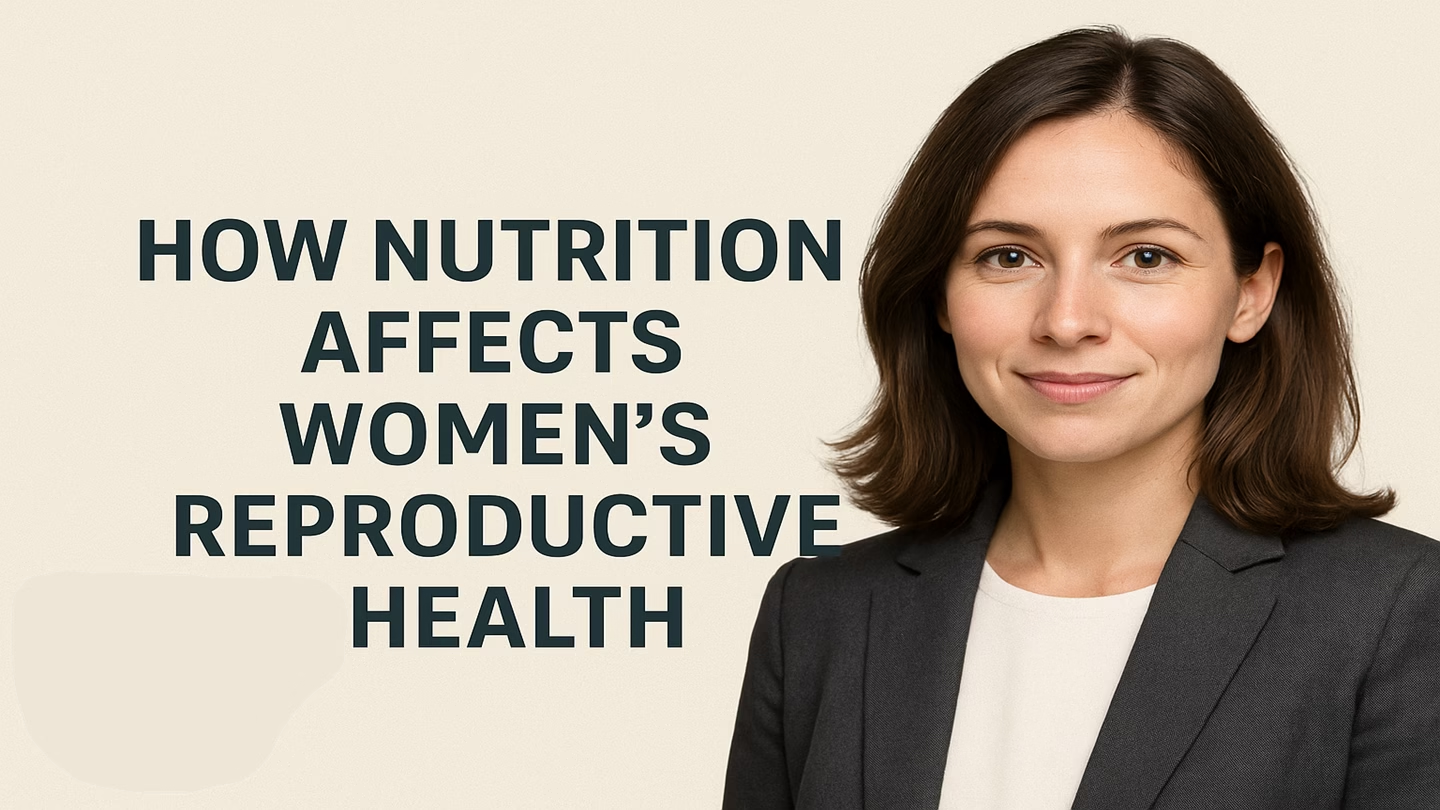
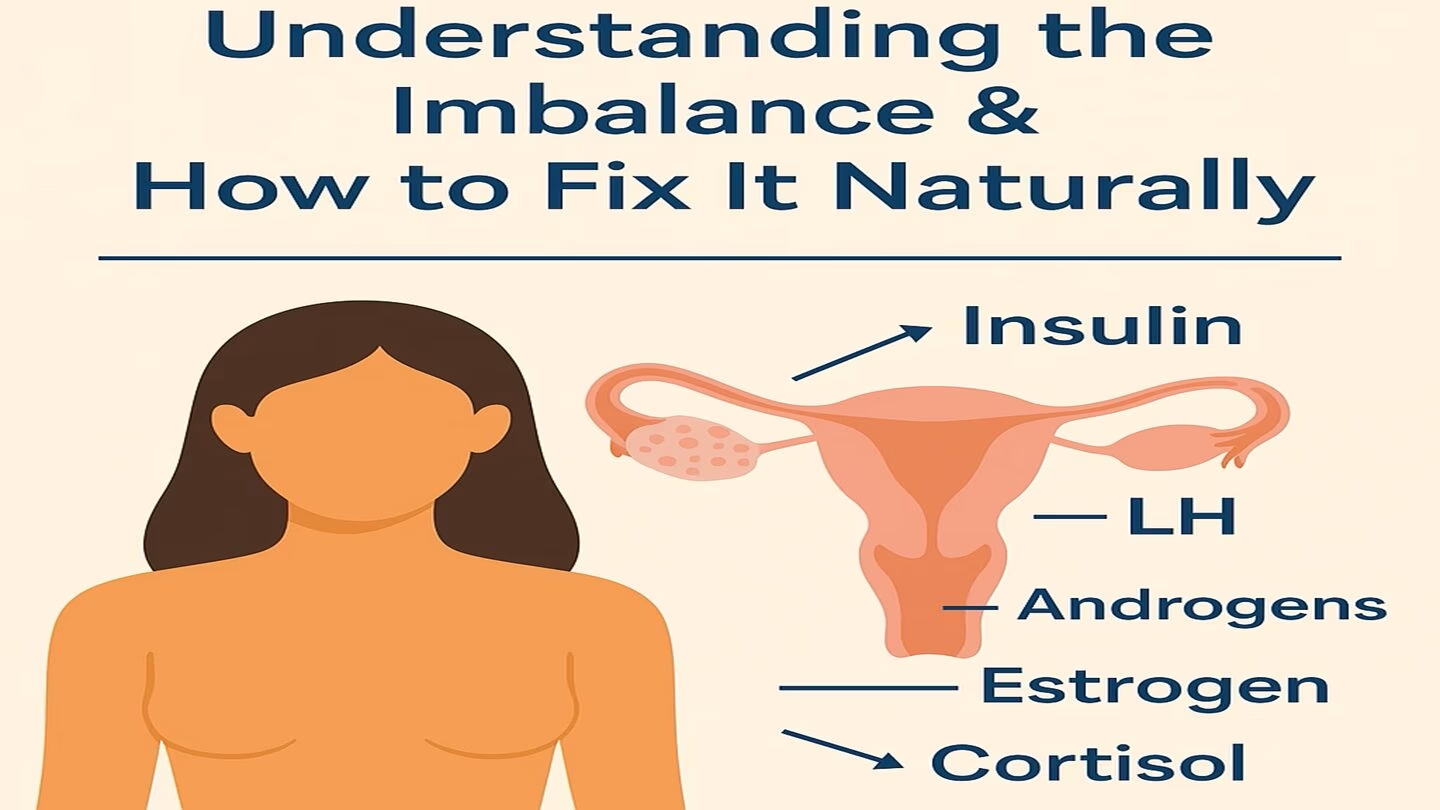
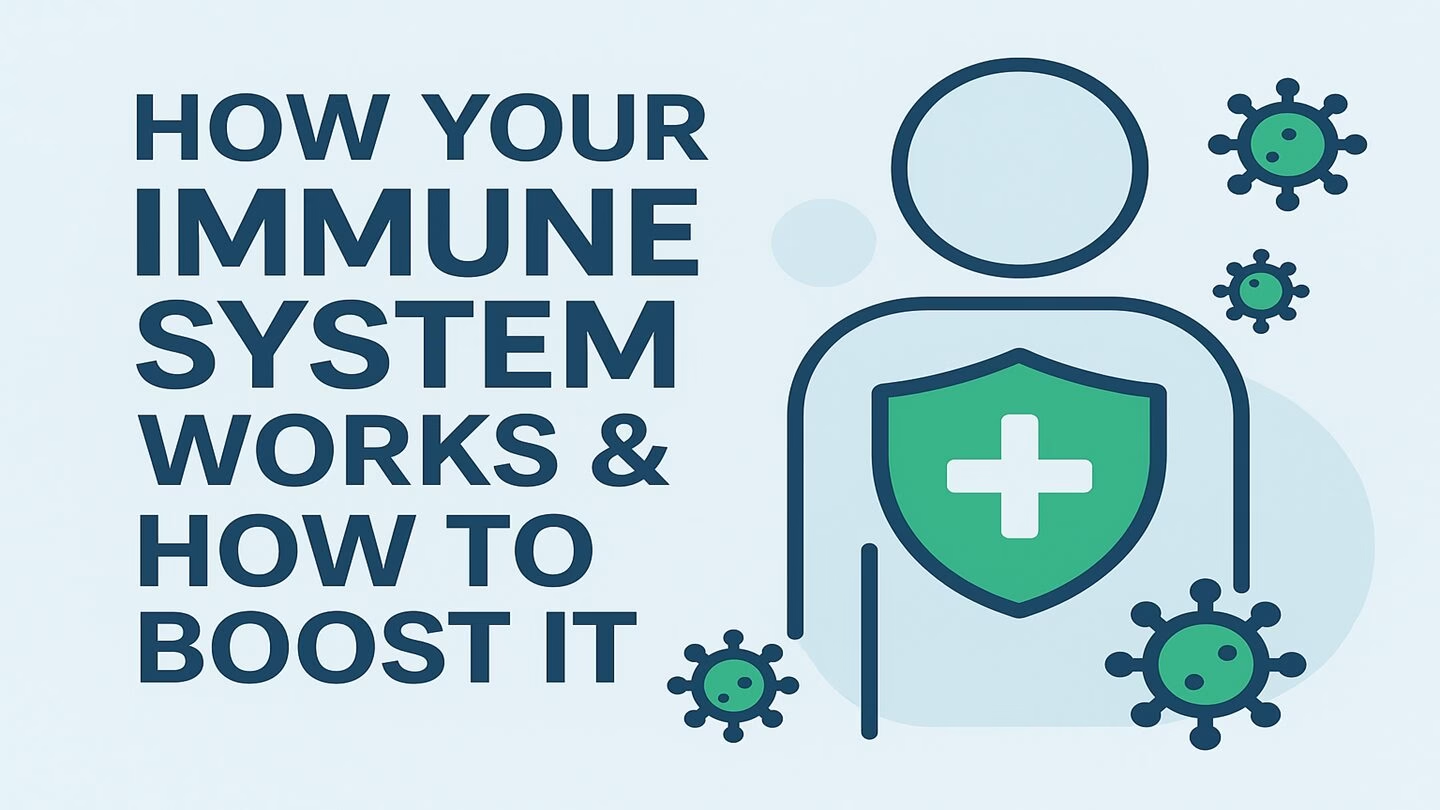
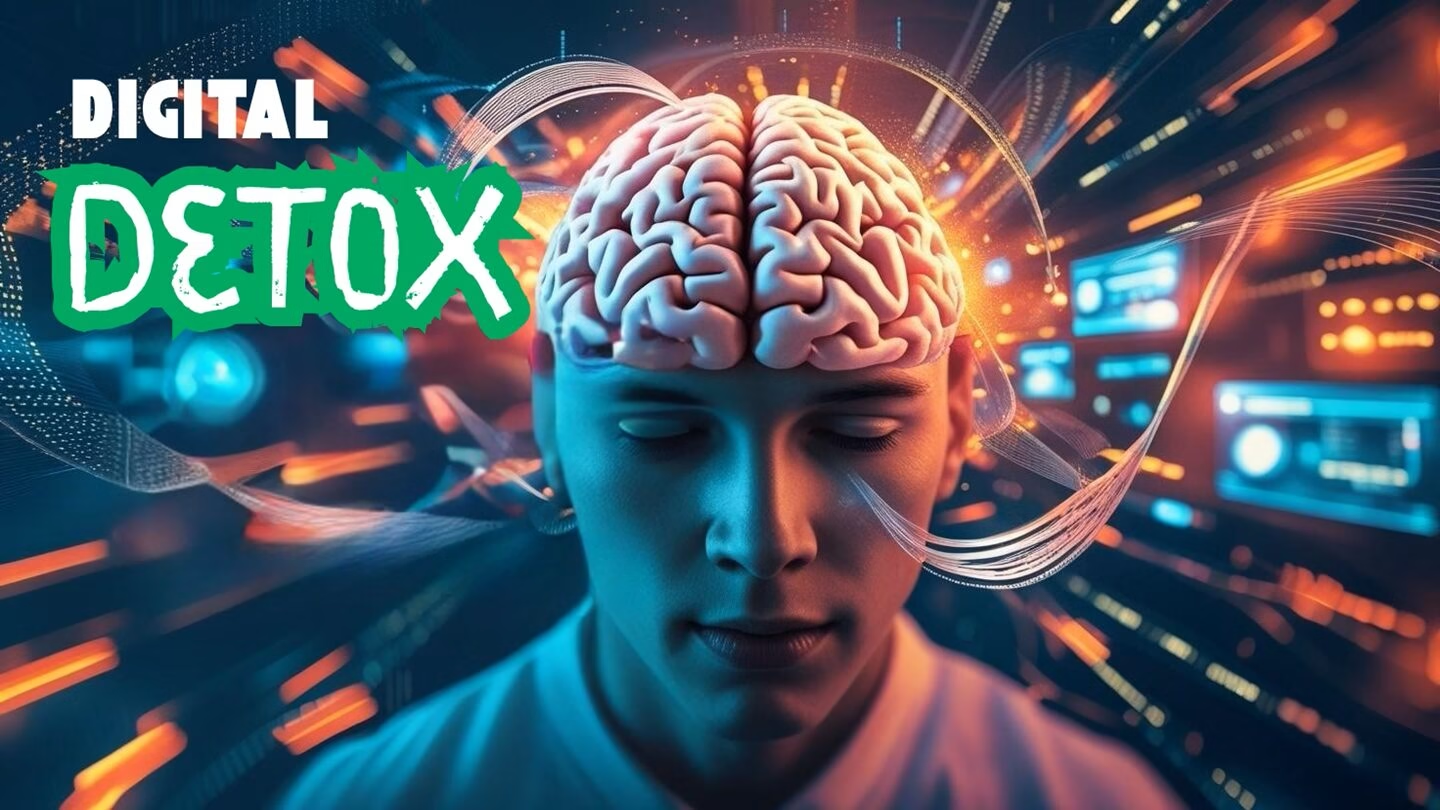
Add comment